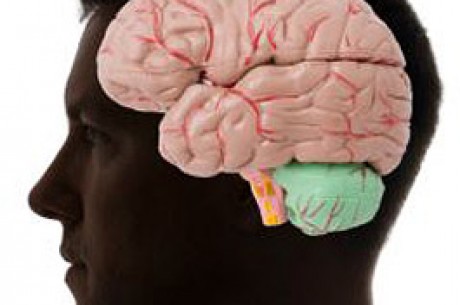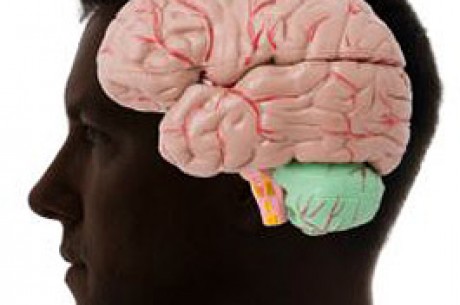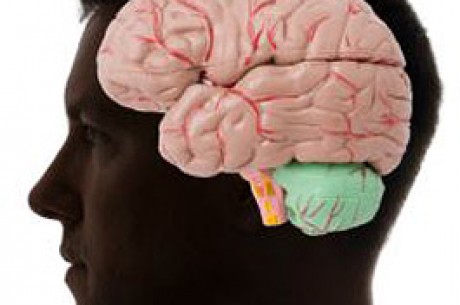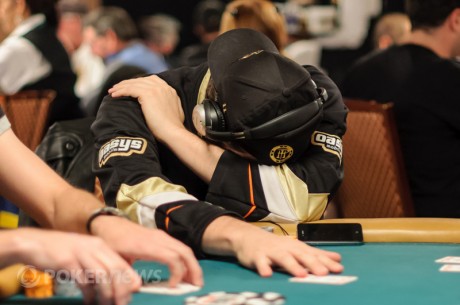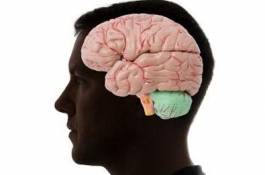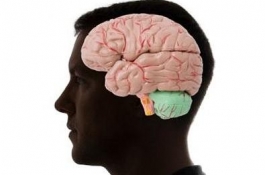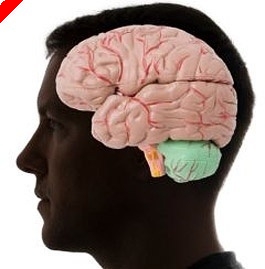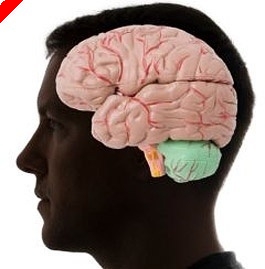The Poker Shrink, Vol 27 - Problem Poker: VII: Some Final Thoughts
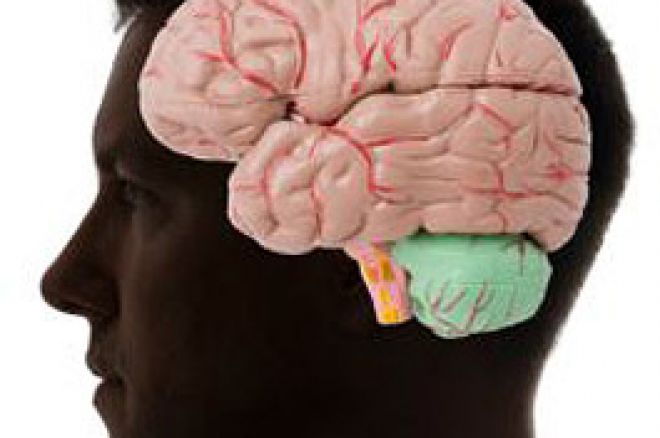
Over the past six articles I have attempted to outline some of the issues, facts and treatment alternatives for those poker players who are dealing with the spectrum of consequences of Problem Poker. There are a few final comments and observations I want to add to wrap up this series.
When I started this series I pointed out that Problem Poker is a term we do not hear a lot about but when we do it tends to be attributed to many more players than it actually effects. Poker is a very interesting game and is played and not abused by the overwhelming majority of participants. Demonizing or pathologizing poker playing is simply an overreaction. I also have said that humans are by nature potential addicts, this is true of all of us at all times. However, most of us control our addictive and compulsive behavior and should not, in a free society, be subjected to restrictions on our behavior because some minority of players might have a problem dealing with self-restraint, responsibility and indeed freedom itself.
According to the American Psychiatric Association: "Gambling is neither a financially nor a psychologically risk-free experience. In addition to the possibility that gamblers will lose their money, they also risk experiencing a variety of adverse biological, psychological, and social consequences from gambling."
I am not going to disagree with this statement but I would like you to consider this:
"Life is neither a financially nor a psychologically risk-free experience. In addition to the possibility that a person will lose their money, freedom, health or even their life; they also risk experiencing a variety of adverse biological, psychological, and social consequences from living."
I hope I have made my point.
Poker is an enjoyable recreational activity participated in without harm my millions of individuals worldwide. The cost of playing poker should be kept in perspective as would the expense of any other recreation or hobby. Gambling is not more or less inherently addictive than sex, work, exercise, eating or playing the stock market. There are certain things in life that are more addictive than others. Heroin is addictive for many people, so is tobacco and many other substances. Behaviors, on the other hand, are far less addictive than drugs and behavioral addictions are a matter of choice for the overwhelming majority of humans. Playing poker and having issues with Problem Poker are for 99.9% of us, a choice we make.
There is a difference between Pathological Gambling or Compulsive Gambling and Problem Gambling. There is a difference between compulsively playing poker and having a problem with poker. Does the difference matter? Absolutely, yes! We all have problems at one time or another; part of living is dealing with problems that arise.
Awareness is the key to recognizing a problem before it becomes a compulsion or an addiction. Calls to problem gambling toll free numbers jump dramatically when the ads on ESPN run during the WSOP broadcasts; not surprisingly that is what advertising is supposed to do. Internet gambling now accounts for 8% of those calls. But here are some statistics that often go under-reported.
Less than 1% of problem gambling issues that rise to the level of professional care involve playing poker. As high as 15% of calls to gambling hotlines are made by family and friends who are concerned about the morality of someone's gambling and not necessarily about an actual gambling problem.
I bring up these numbers and these thoughts in my final article on Problem Poker only to reemphasize that the high risk involved in playing poker is almost completely attributable to individuals already at risk for compulsive gambling behavior. The risks of Problem Poker are not inherent in the game but in the psychological make-up of some individuals who play it.
Here are the links to the previous articles in this series:
Problem Poker: Part I: An Introduction
Problem Poker: Part II: What is It Exactly?
Problem Poker: Part III: Some Numbers on What is It?
Problem Poker: Part IV: Diagnosis
Problem Poker: Part V: Treatment Options
Problem Poker: Part VI: The Professionals

